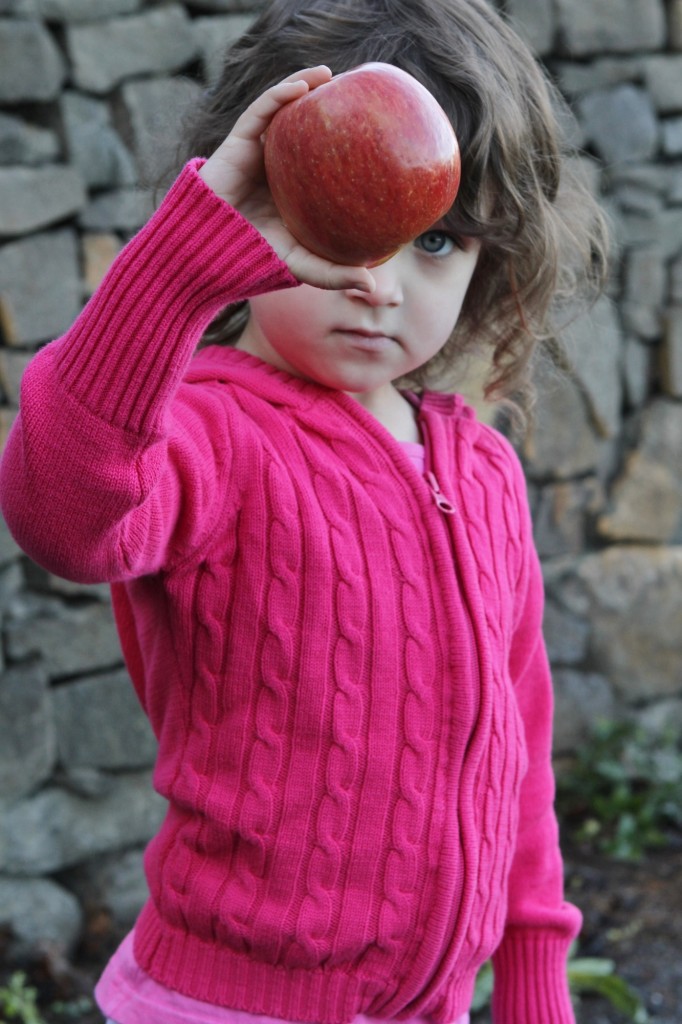
by Jena Schwartz
The writing in my head syncs with the rhythm of my gait as I walk through the familiar grounds—not familiar in that I’ve ever been inside of this ubiquitous, quasi-suburban condo complex, but in that I could get perfectly lost here. This evening, rather than going north towards the farm, I decided to go west, down the hill, then took a right and wandered into a backdrop unexpectedly perfect for feeling my way into something I didn’t know was waiting when I left the house: a memory, maybe, of who I used to be. A mirror of who I’ve become.
I’m walking, and I’m overcome with the need to find the way out. There must be a hidden path from the neat contours of this neighborhood into the semi-wilds of an in-town farm. I just know it—and I’m determined to discover it. I follow the winding sidewalks and cut through the cookie-cutter parking lots. I’m moving deeper and deeper into something, the way one might walk through a house in a dream. The further from the street I get, the grey-blue condos like a hall of mirrors, the more I move into the feeling of how I related, as a woman in my twenties, to women in their forties and maybe to other women, period.
When I was in my twenties, women in their forties seemed not old exactly, but… how can I put this? Like women.
There was something so foreign to me about the divorced ones. And also about the married ones, the ones with careers and husband and kids—all of these, really, lumped together in some category of grown-ups, of having figured something out that I had not and wasn’t sure I wanted to. A category of… Other. Other than what? Other as in mothers? Other as in adults, whatever that meant but was most definitely not me?
At twenty-five, I was newly married, completing the graduate degree that would mean little more than that I’d marked a few years’ time, written more poems, felt unseen by female professors, and wondered if my advisor and I were flirting or being literary at the Irish pub, his Guinness to my Diet Coke with lemon. (Was I afraid to drink, to let loose, of him or of myself?) And then there was the cigarette I’d scrub from my skin—hands, mouth—before turning to walk home to the tiny one-bedroom I shared on Summer Street with my new husband.
We moved to Vermont and I donned an official title as director of a small nonprofit, where I inherited a board of alumni and faculty that included some women in their forties. I was once again the girl among them, young, smart, small, and mighty—and regularly mistaken for an undergrad. Their lives seemed to me an unattainable blend of alien and enviable, far from mine for reasons I couldn’t name except to say that there was always some nagging—I’d feel it especially after running or sex—that I was longing for something. I began to name the longing “myself,” and this would go on for many years.
Walking tonight among these ubiquitous middle-class condos with their flowerboxes, a single lonely bench, automatic garage doors closing out the outside world, and decks turned inward rather than towards each other, the sensation comes rushing back and now I’m writing in my head in earnest. I’m forty-one and suddenly I realize that now I’m the woman in her forties.
She felt like a girl—I felt like a girl—because to really become a woman, to actually grow up, would require something of me big, scary, destructive and off-limits—something like cheating, like an affair and with another woman no less, like breaking all the goddamn rules, like making my own prayer books and play books and plans. And none of this would accommodate the sweet house with the French doors, the earth mama I also knew myself to be, the role as wife by way of the only models I knew, and the babies I knew were waiting for me. I could not reconcile the leaking breasts that would nourish then shrink back to perky young with the running with wolves and reading other people’s poems, never my own. And so I didn’t. I looked at other women and I looked at myself and one of us had, always, to be Other.
I’m flooded with the memory of running with him, my husband, through a golf course—a conventional landscape not all that different than these condos. There’s a full moon. We don’t have kids yet; I’ve never been pregnant. We are a year or so married and why am I so angry, so agitated, so full of rage that I have to stop right in the middle of that manicured green to scream a rare scream while he looked on, at once supportive and—I can only wonder now—befuddled?
Do I still feel like a woman in her twenties filled with longing? No. I am the woman in my forties now. And yes, too—because I carry this girl-woman who really truly didn’t know how to become, to break open by breaking with what I’d been told, taught, and shown.
The parallel rhythms of writing and walking are now in full swing, having felt my way towards and indeed found my way to the path, the one I knew would free me from the condos into the wild of the farm’s back gardens, where lie row after row of stunning beauty, well-kept secrets finally revealed.
I’ve gained a few pounds since this latest round—I hope my last—of quitting smoking. And these few pounds on my small frame mark the difference between a more angular and an ever-so-slightly softer and fuller body. I am no longer a girl and no longer a child. I am no longer longing, at least not in that way that had me looking at all the women around me thinking, they are The Real Women.
How did I get here? By leaving the apartment I share with my wife of one year for a sunset walk alone. By going down the hill instead of up and taking a right instead of going straight. And finally, by walking towards the sun instead of turning my back for another minute on the light.
These are the ways I find my way to the path, the existence of which I only imagined and intuited. And there it is—beyond the lonely bench, and all those years of not belonging.
•••
JENA SCHWARTZ is a poet, writer, and facilitator, known for leading rich, safe, creative, and deeply nourishing online groups and real-life retreats. She is also co-founder of The Inky Path, an online writing school and community. Jena lives in Amherst, Massachusetts, with her kids, Aviva and Pearl, and her beloved wife, writer and artist Mani Schwartz.

 Follow
Follow

